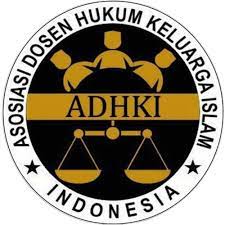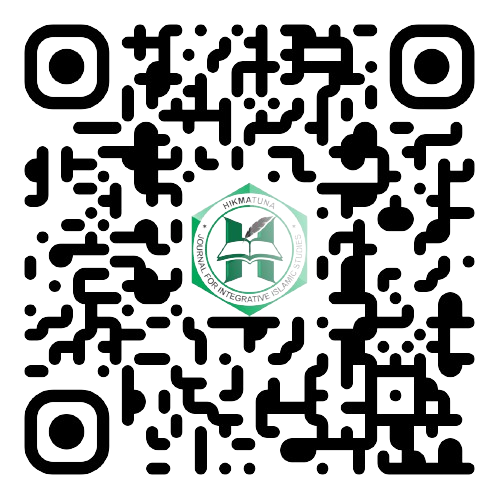Riba Potentials in DSN-MUI’s Fatwa Concerning Gold Rahn
DOI:
https://doi.org/10.28918/hikmatuna.v9i2.1330Keywords:
hybrid of contract, Ijarah, Qardh, Riba PotentialAbstract
This study aims to analyse the usury potential contained in the National Sharia Council-MUI Fatwa Number: 26/DSN-MUI/III/2002 about Gold Rahn. This research was conducted to examine the fatwa from the perspective of Usul Fiqh. Islamic Sharia forbids riba (usury) and things that can encourage usury. The things that can encourage the occurrence of usury prohibited by Islamic Sharia are the merger of the Qardh contract and buying and selling, as well as other exchange contract, such as ijarah. On the other hand, Fatwa of the National Sharia Board-Indonesian Council of Ulama (DSN-MUI) Number: 26/DSN-MUI/III/2002 about Gold Rahn actually opens the opportunity for usury because it allows the merger of the qardh and ijarah contract. This research combines literature and field research methods. Data was collected through literature search, documentation techniques and interviews. Triangulation techniques are used to test the validity of data. Next, the data is analysed and concluded. This research found that: 1) the potential for usury is due to the absence of restrictions on taking marhun maintenance fees by Islamic Financial Institutions. If the amount of service fees imposed by the Islamic Bank in maintaining marhun exceeds a reasonable price, the excess is considered usury. 2) The price excess is approved by the customer solely because the customer gets a loan from the Sharia Finance Institution (LKS). Also, LKS wants to provide loans to customers solely because customers want to pay fees that exceed reasonable maintenance costs.
Downloads
Published
How to Cite
Issue
Section
License
Copyright (c) 2023 Homaidi Hamid

This work is licensed under a Creative Commons Attribution-ShareAlike 4.0 International License.
















